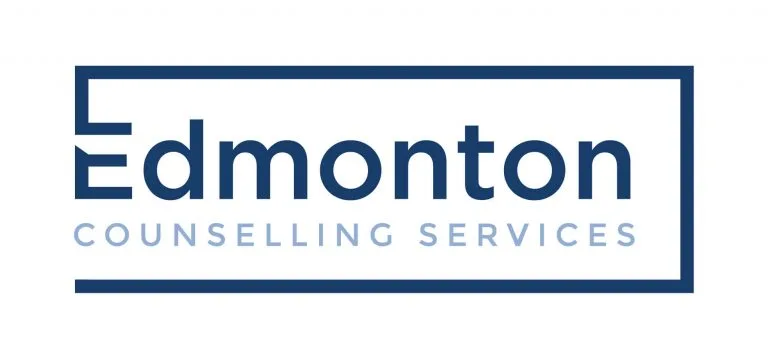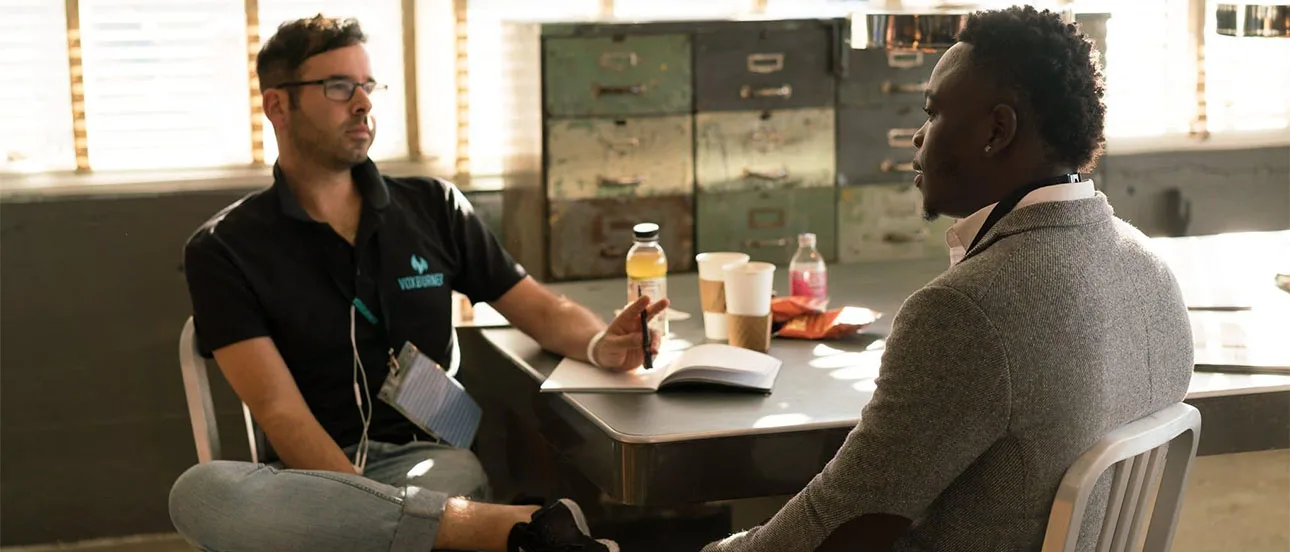Are you suffering from addiction? Changing your habits can be challenging sometimes, and you may struggle to stop the addiction. Addiction habits can cause a person to behave weirdly, have sensation-seeking behaviour, be frustrated, are compulsive, etc. These are signs that your addiction level is growing and you need help. Seeking help from a therapist or taking medication for your addiction is normal. There is no harm or embarrassment in accepting help. Addiction can cause mental and physical side effects on the body, including drug cravings and withdrawal symptoms, stress, depression, anxiety or loneliness.
Substance abuse often affects a person’s health and separates them from their loved ones; some substance abuse-trapped people, when can’t find any ways to rescue themselves from it they, try to attempt suicide. People and sometimes your family members also may not support you, and you may feel lonely and depressed about it. Talk to a counsellor in that case; if you cannot visit a counsellor at their place, you can take sessions online. So book a consultation with a professional therapist and get your regular days back.
Difference between habit and addiction.
A behaviour that has gotten out of hand to the point where a person depends on it to get through each day is considered an addiction. The emotional and physical health of the addict as well as those around them, are often negatively impacted by addiction.
What distinguishes addition from habit, in particular, is the psychological connection. People may develop habits out of enjoyment, relaxation, or socialization. While it can take some effort, people can choose to stop a routine and do so effectively. However, addiction can personify as a fierce craving or compulsion to frequently encounter the behaviour, regardless of the setting or the time of day, to experience the expected high. A habit can be managed, but addiction cannot be handled once used to substance abuse.
Getting help for addiction
Taking help for addiction abuse is not bad; you want to change yourself for your family and loved ones is a good thing. Most people acknowledge the harmful effects of addiction after getting into a problem or mostly when the addictive substance is not available. They may get into irritation and lose control, destroying things.
If you know you are getting addicted, seek help immediately and start your recovery before you get into it deeply. Some people can recover from addiction without getting help from anyone. But if you can’t escape that dilemma, you should talk to a counsellor who can help you escape it. They have techniques and strategies to help you learn how to cope with addiction. The recovery process will not be an easy job. If you feel like quitting everything and returning to the abusive addiction, talk to your counsellor immediately, and they will calm you down and ask you to do some activity or call your family member or friend who can stay near you. This feeling is common in addicted people, but you must keep the courage to fight the addiction. Several treatments will help you and are effective in helping people overcome their addictions.
Your counsellor helps you support the mental parts of therapy. Detox can eradicate a patient’s cravings and withdrawal symptoms in one to three weeks, depending on the severity of the sickness. The majority of people, however, need months or years of ongoing counselling to recover from the psychological side effects.
To prevent relapse, the primary goal of counselling and treatment for addiction is to handle the disease’s underlying causes. Detox is essential to therapy because it helps patients manage withdrawal symptoms and reduce cravings. Still, it doesn’t address the root causes of drug abuse.
What Are The Different Treatments for Overcoming Addiction?
Counselling process:
One of the best and most used procedures is counselling. For an addiction to be cured, communication is essential. Helping people cope in a better way while paying attention to their problems. Individuals, friends, or loved ones may be involved. In these situations, addiction counselling has proven incredibly helpful and productive.
Addiction is one of the most common mental health issues, affecting millions of Americans daily. Substance use counselling, sometimes called addiction counselling, is one of the most effective treatment methods.
Treatment for persons with substance use disorders that have been thoroughly researched and established is addiction counselling. It is typically carried out by a qualified and experienced counsellor who offers honest criticism and instructs on the disease of addiction and the healing procedure. Counsellors have a crucial role in addiction therapy, and their participation in the healing process is essential.
Almost all inpatient and outpatient treatment programmes offer addiction counselling. After accepting their substance use problem, many will have their first experience working with a substance use counsellor at a local detox facility or treatment programme. Most addiction counsellors hold a bachelor’s or master’s degree in addition to appropriate certifications or licences as certified or licenced, licensed professional counsellors, licensed clinical social workers, licensed psychologists, or other credentials.
Some therapists concentrate mainly on drug and alcohol abuse. Their training will be primarily focused on managing substance use disorders.
Wrapping Up:
Counsellor benefits a lot by keeping the patient’s addictions in control and helping them learn new coping methods and indulge in new activities. Activities that make you happy and love doing can be included in the therapy. Addiction treatment is necessary as it may cause mental and physical damage to the body. It also causes other body symptoms that can profoundly impact your mind.
If you are searching for a therapist, don’t hesitate to contact us at Edmonton counselling services, we have the top most educated and experienced therapists regularly dealing with patients who need help to stop their addiction. So, visiting a substance abuse counsellor before it’s too late is better. You can also have an online session. Therefore, the soon your counselling starts, the earlier you will recover.





